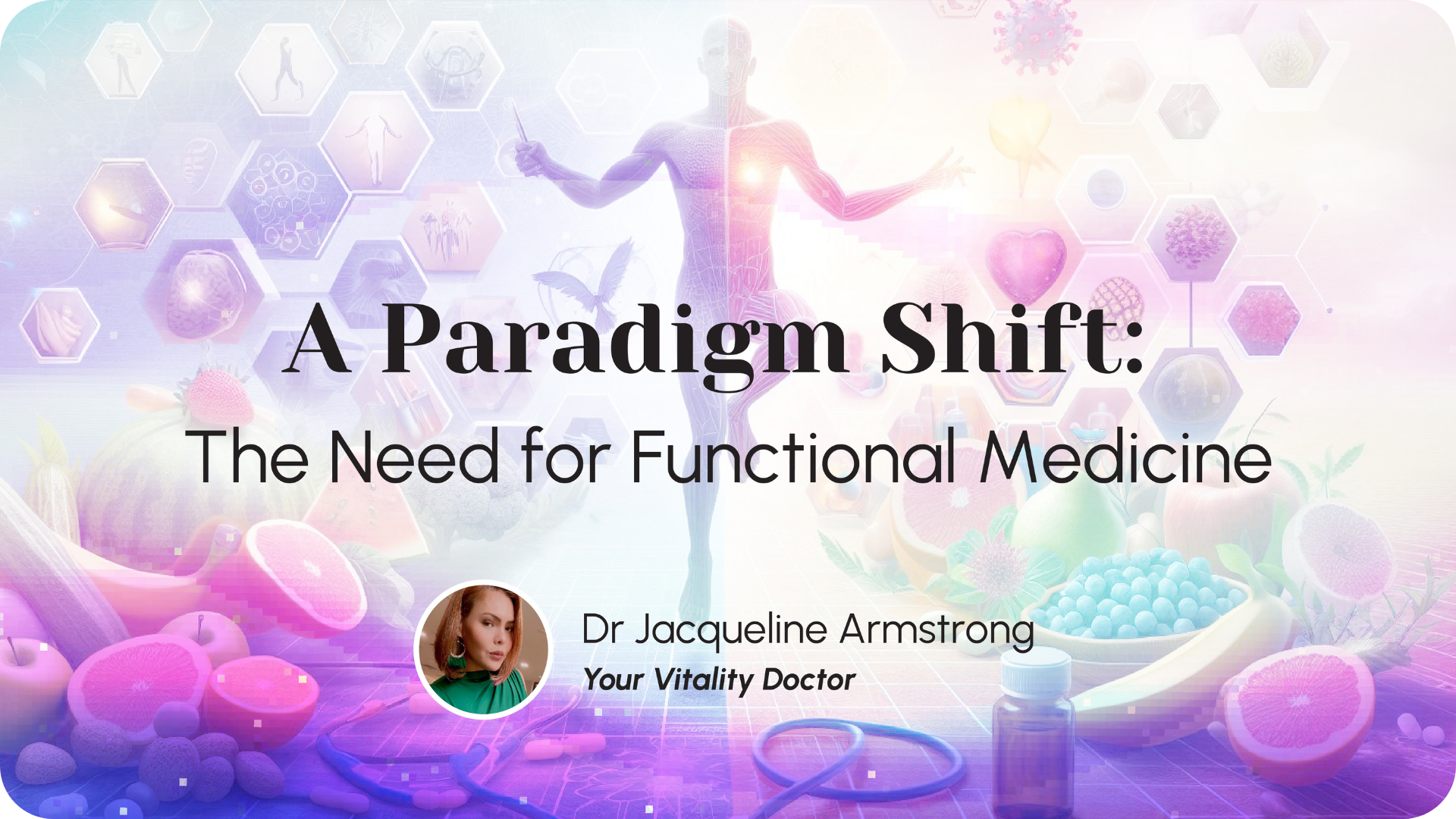
The world is quietly enduring a health crisis, masked by the illusion of progress. While humanity has weathered plagues, wars, and pandemics, the modern era faces a more insidious threat—chronic illness, largely born from our affluence and lifestyles. The overabundance of ultra-processed foods, sugary drinks, and genetically modified produce is fuelling an alarming rise in chronic diseases worldwide. Supermarket shelves brim with unhealthy choices, while the proliferation of fast-food chains that captivate our youth, and the allure of trendy, upscale coffee outlets contribute to this growing epidemic.
Our healthcare system, while remarkable at treating acute illnesses like a ruptured appendix or broken bone from a car accident, struggles to manage the sharp increase in chronic diseases. Despite advancements in technology and pharmaceuticals, chronic diseases now account for 74% of deaths, up from 67% in 2010, with projections suggesting a further 17% increase by 2030. These figures are even more concerning when considering the undiagnosed and undocumented cases. The top chronic illnesses—diabetes, hypertension, COPD, cardiovascular disease, cancer, arthritis, Alzheimer’s, osteoporosis, obesity, and mental illness—affect millions, touching nearly every family. Despite our technological advancements, we are not getting healthier as a civilisation. While we may fear catastrophic events like a meteor collision, it is more likely that we will succumb to obesity-related complications.
This is where the paradigm shift must occur—from a symptom and drug-based treatment model to one that seeks to identify and address the root causes of illness. In functional medicine, the focus is on the patient as a whole, rather than isolated organs or symptoms. Take, for example, a patient with diabetes, heart disease, and early-onset dementia. In the traditional model, this patient would see multiple specialists—an endocrinologist, a cardiologist, an ophthalmologist for diabetic eye complications, a nephrologist for chronic renal failure, and a neurologist. Each specialist would prescribe medications targeting specific symptoms, leading to a complex regimen that often fails to improve the patient’s overall health. Unfortunately, this approach does not reverse diabetes or enhance cognitive function; instead, it frequently results in patients becoming sicker and more dependent on medication as time goes on. The burden of chronic illness is projected to cost $47 trillion by 2030.
As Dr. Mark Hyman, a renowned author and leading expert on the subject, advocates, we need to shift from “Medicine 2.0” to “Medicine 3.0.” Functional medicine requires doctors like me to spend substantial time with patients, understanding their daily routines, diet, exercise habits, weight fluctuations, sleep patterns, emotions, menstrual cycles, sexual well-being, mental states, spirituality, relationships, and community connections. Functional medicine recognizes the crucial link between mental, emotional, spiritual health and physical well-being. We monitor biometrics and look for telltale signs of deficiencies, correlating them with comprehensive blood tests that go beyond standard parameters to include hormone levels, vitamins, minerals, and heavy metals. The goal is not just to keep levels within the normal range but to optimise them, correcting imbalances before they lead to disease.
The beauty of functional medicine lies in empowering patients. By spending time with them, I can educate them and support informed decision-making about their health. This partnership enables patients, whether ill or well, to take control of their health. Together, we work to achieve their desired health outcomes—whether it’s reversing diabetes, reducing medication, or optimising performance for an Ironman race. The focus is not merely on managing symptoms but on optimising well-being, allowing symptoms to resolve naturally.
To bring about this paradigm shift, we must reimagine our healthcare system. Instead of spending trillions on managing chronic illnesses, we should invest in preventive care, prioritize patient and doctor education, support research into functional medicine, scrutinize our food industry, and emphasize the importance of lifestyle changes. Unlike our current system, which often requires a new drug to justify research funding, functional medicine promotes proactive health management. For example, diabetes doesn’t develop overnight; it takes years, even decades, to progress from insulin resistance to full-blown diabetes. Why aren’t we screening for insulin resistance early and educating patients on how to prevent the disease entirely?
It’s important to note that this is not about replacing conventional medicine (before my specialist colleagues send missiles to my clinic). Instead, it’s about complementing it—integrating the best strategies from both approaches for the benefit of the patient and their pocket. So, dear readers, I urge you to take charge of your health today. Question the need for a drug-only approach to treatment and explore the possibilities of lifestyle and functional medicine. By adopting a preventive approach, you can achieve a more balanced, empowered, and thriving life for yourself and future generations.